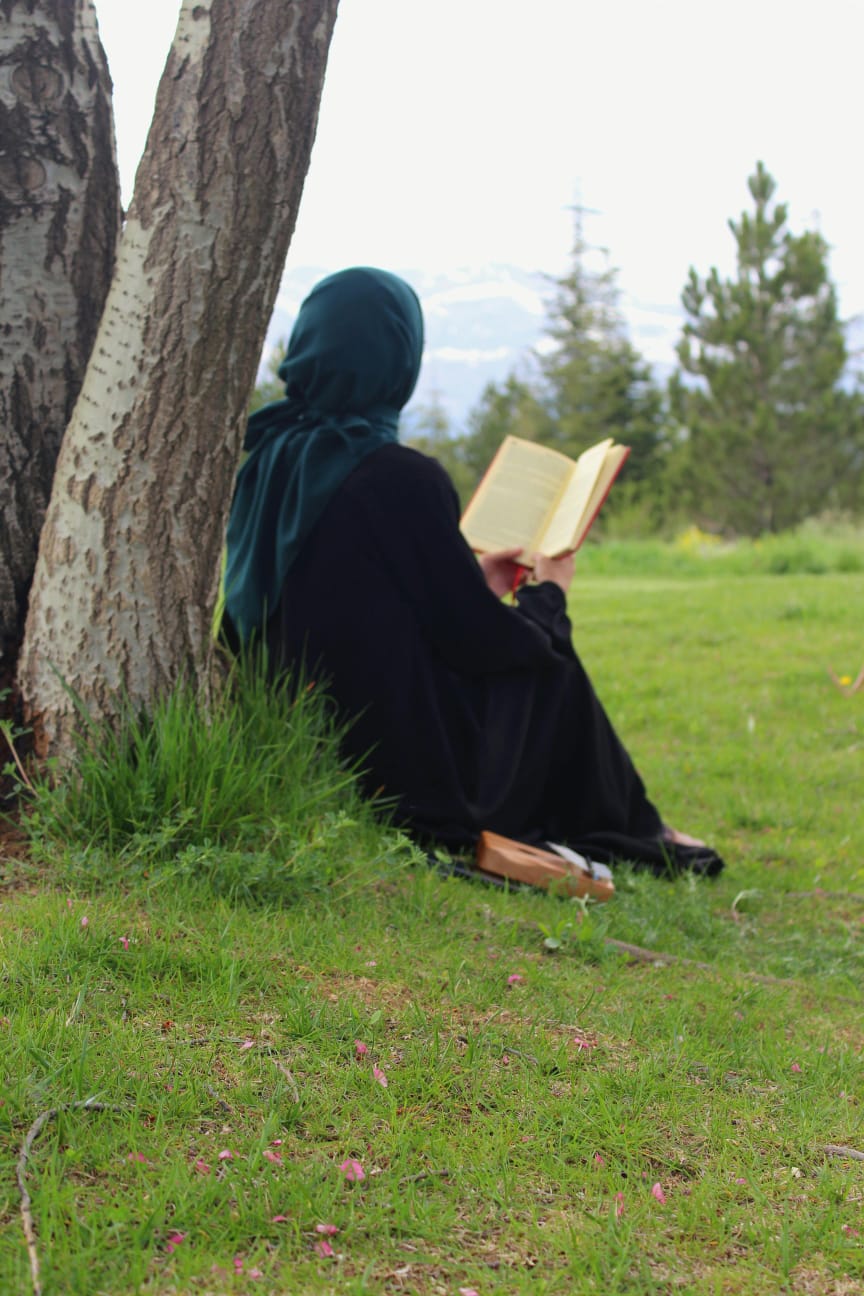A personal reflection on why choosing forgiveness is choosing freedom
We’ve all been there—replaying that hurtful conversation, reliving that moment of betrayal, nursing wounds that someone else inflicted on us. But what if I told you that holding onto that pain is like drinking poison and expecting the other person to suffer?
The Hidden Cost of Holding Grudges
When we constantly think about the pain someone has caused us, we’re not just hurting emotionally—we’re damaging our physical and mental health. Our bodies weren’t designed to carry the weight of perpetual resentment. Sometimes the original hurt was genuinely devastating, but continuing to ruminate on it only compounds the damage.
The pain cuts deeper when it comes from family—the very people we expect comfort from. When those closest to us become the source of our wounds, the betrayal feels magnified. We trusted them with our hearts, and they handled them carelessly.
But here’s what I’ve learned: staying trapped in that hurt doesn’t punish them—it imprisons us.
Finding the Path to Freedom
When forgiveness feels impossible, I’ve discovered a few practices that help shift my perspective:
Remember My Own Imperfections
I think about the times I’ve hurt others and desperately hoped for their forgiveness. We’re all flawed humans stumbling through life, sometimes causing pain without meaning to. If I expect grace for my mistakes, shouldn’t I extend the same to others?
Focus on the Beautiful 99%
It’s easy to let one hurtful moment overshadow years of good memories. Sometimes we hate someone for that painful 1% while forgetting the 99% of beautiful moments we shared. Consciously choosing to remember the good times helps balance the narrative in my heart.
Revisit Happy Memories
When bitterness creeps in, I deliberately recall moments of joy, laughter, and love with that person. This practice doesn’t erase the hurt, but it reminds me that people are complex—capable of both causing pain and bringing joy.
The Ripple Effect of Repeated Forgiveness
Consider how Allah’s mercy works in our lives. When we repeat the same sin over and over, and Allah forgives us repeatedly, something beautiful happens—we eventually feel so overwhelmed by His grace that we stop the destructive behavior.
I believe the same principle applies to human relationships. When we choose to forgive someone repeatedly, it can create a powerful transformation. Not only might it change their heart, but it definitely changes ours. This approach also helps us maintain family ties and important relationships that might otherwise be severed by pride or stubbornness.
The Choice That Changes Everything
Forgiveness isn’t about pretending the hurt never happened or excusing harmful behavior. It’s about choosing your own emotional freedom over the temporary satisfaction of holding a grudge. It’s deciding that your peace of mind is worth more than your right to be angry.
When family hurts us, forgiveness becomes even more crucial—not because they deserve it, but because we deserve to be free from the burden of resentment. We deserve to experience the lightness that comes with letting go.
Moving Forward with Wisdom
Forgiveness doesn’t mean we become naive or fail to establish healthy boundaries. We can forgive while also protecting ourselves from future harm. We can choose grace while also choosing wisdom.
The journey of forgiveness is ongoing, and some days are harder than others. But each time we choose to release the grip of resentment, we choose healing over hurting, freedom over bondage, and love over bitterness.
In a world that often encourages us to hold grudges and seek revenge, choosing forgiveness is a radical act of self-care. It’s choosing to break free from the mental prison of perpetual pain and step into the light of emotional liberation.
What burden of resentment are you ready to set down today?
May we all find the strength to forgive, not because others deserve it, but because we deserve peace.


